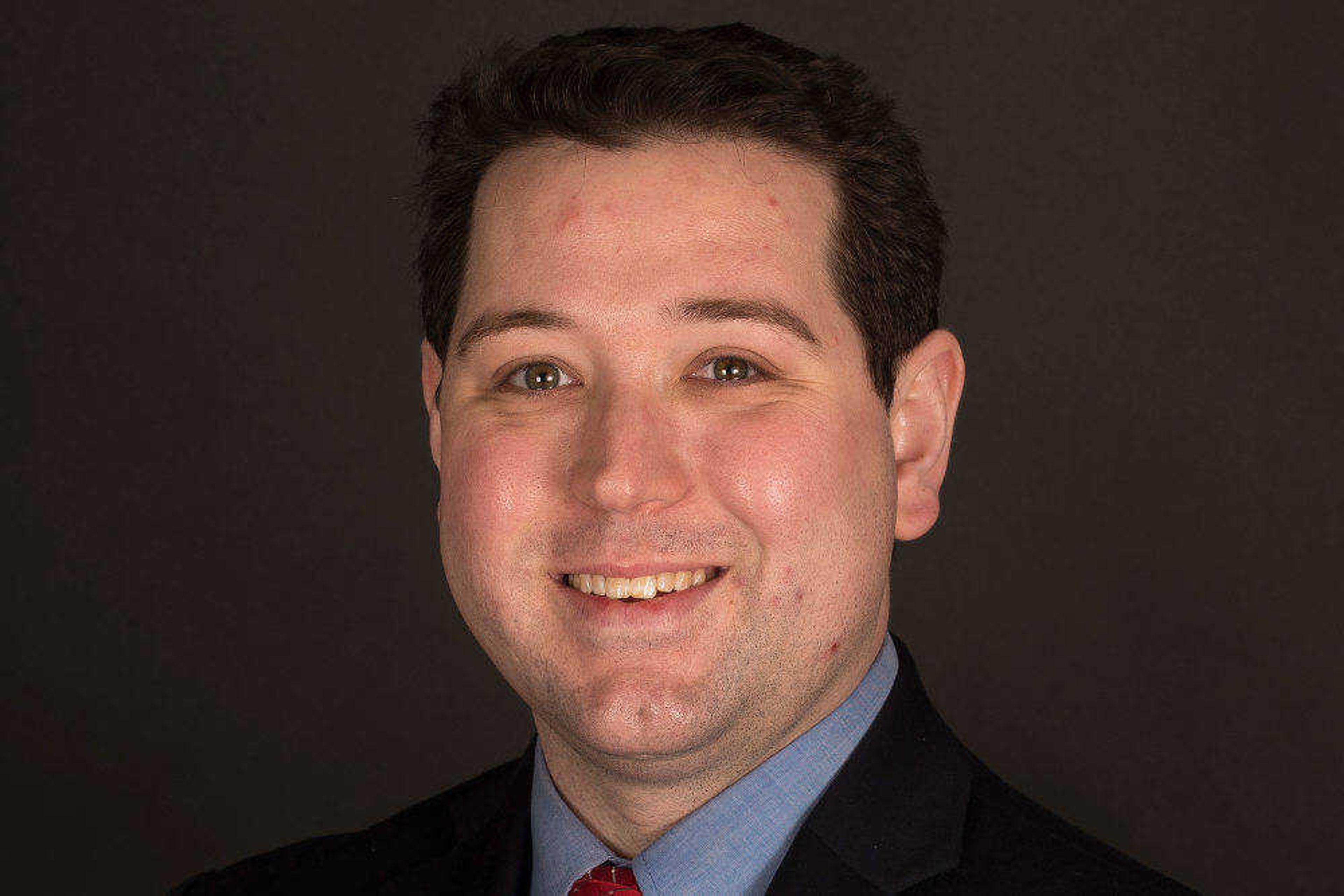My COVID experience and thoughts on the vaccine
It's not uncommon for me to experience a sinus infection or two each year. Eleven days before Christmas, I felt one coming on, or so I thought — and this time with chest congestion. Though not terribly concerned, I decided to go to a local urgent care facility for a round of antibiotics with the hope that I would feel better before Christmas...
It's not uncommon for me to experience a sinus infection or two each year. Eleven days before Christmas, I felt one coming on, or so I thought — and this time with chest congestion. Though not terribly concerned, I decided to go to a local urgent care facility for a round of antibiotics with the hope that I would feel better before Christmas.
It wasn't a sinus infection.
A rapid test indicated I was positive for COVID-19. The next few days I was lethargic and battled a horrible headache that I can best describe as a halo of pressure around my head. This was combined with periods of sweating and chills.
Thankfully, my oxygen level remained at 90% or above and breathing wasn't inhibited. What we know, however, is that while some individuals with COVID don't feel like they are having trouble breathing, their oxygen levels are dropping into a dangerous zone. This is why if you have COVID, using a pulse oximeter to monitor the oxygen in your red blood cells is helpful.
The second half of my quarantine was less dramatic. Though still weak, I could sit up and work on my laptop from home. After 10 days in quarantine, I was able to rejoin society on Christmas Day — albeit with less energy than normal.
My biggest concern throughout the entire ordeal was the health of my parents. I had been around both of them prior to testing positive. Thankfully my mom did not test positive. My dad, however, did test positive a few days after me and had similar symptoms — though his energy levels were slower to return than mine.
Thankfully, neither of us appear to have lingering effects. That's the good news, and we're grateful. But for many people, that is not the case.
Which brings us to the COVID-19 vaccines.
Early on in the pandemic the individuals most at risk for hospitalization or death were older adults and the immunocompromised. With the Delta variant, the numbers are trending younger. And now most of those being hospitalized are those who have yet to receive the vaccine.
It's a miracle we have multiple vaccines readily available to fight this horrid virus. This is one example of government and the private sector working together to get the job done. Simply put: Operation Warp Speed was a success.
When President Donald Trump promised viable vaccines by the end of 2020 or early 2021, many dismissed his claims. And several of his political opponents irresponsibly cast doubt on the viability and safety simply because of the administration in power. While some would like to now place all the blame on conservatives for the vaccine hesitant, it's simply not true.
The reality is that those who haven't taken the vaccine come from varied backgrounds and experiences. It's not a monolithic group. Some are anti-vaccine. Others are in the wait-and-see camp. Others have their reasons. It is a personal decision. Instead of insulting their intelligence, those who believe in the efficacy and importance of the vaccine — as I do — need to be kind as they encourage friends, family and colleagues to get immunized.
The truth is we have multiple vaccines that have been approved for emergency use after going through clinical trials. And the data — both from the clinical trials and from the last six-plus months in the marketplace — shows they work.
The Wall Street Journal reported this week the vast majority of COVID-19 hospitalizations in the United States come from the unvaccinated.
AdventHealth, one of the country's large health systems, reported that 97% of their roughly 12,700 COVID patients this year were either unvaccinated or partially vaccinated. And of those fully vaccinated, many already had weakened immune systems. Other health systems show even greater numbers of unvaccinated people — as high as 99.5% — making up the number of hospitalizations due to COVID-19.
Missouri has made national news for its low vaccination rate — 46.5% have initiated a COVID-19 vaccine. In Cape Girardeau County the percentage is 38.5%.
The Delta variant continues to wreak havoc, particularly for our neighbors in the western part of the state. Cape Girardeau Mayor Bob Fox mentioned this during a city council meeting last week, adding his encouragement that residents consider getting the vaccine.
"There's a large population of our county that's not vaccinated, and if that Delta variant gets here, it'd spread like wildfire," Fox said.
And for those curious: Even though I tested positive for COVID in December and might still have natural antibodies, I have been vaccinated. The general medical guidance is that even if you have tested positive for COVID, you should still get the vaccine.
Personally, I'm thankful we have vaccine options — particularly Pfizer and Moderna which have more than 90% efficacy — and encourage others to consider it. You don't want to take a chance with COVID.
Lucas Presson is assistant publisher of the Southeast Missourian.
Connect with the Southeast Missourian Newsroom:
For corrections to this story or other insights for the editor, click here. To submit a letter to the editor, click here. To learn about the Southeast Missourian’s AI Policy, click here.











